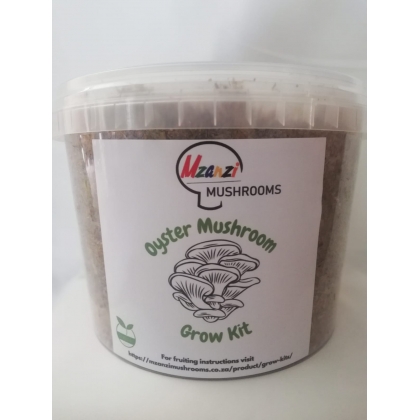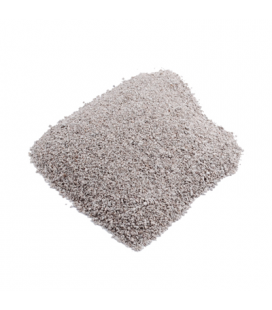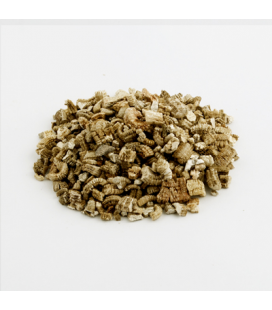Health Benefits:
Oyster mushrooms contain several substances that influence health. These include dietary fibre, beta-glucan, and other polysaccharides affecting immune function.
May Lower Cholesterol
The dietary fibre component of oyster mushrooms (Pleurotus ostreatus) may be useful in reducing triglyceride accumulation in the liver.
Other Benefits:
Promotes heart health.
Supports better immune function.
May reduce risk of cancer.
Improves metabolic health.
Allergies
There is at least one case report of an allergic reaction to oyster mushrooms - a mushroom worker experienced chills, fever, joint pain, and skin rashes after exposure to the mushrooms. Symptoms disappeared after a few days.
There are other reports. According to one published case study, prior sensitization to mould allergens might explain food reactions to cross-reacting mushroom proteins.
If you have a mould allergy, you may experience symptoms of oral allergy syndrome when you eat mushrooms. These symptoms include itchiness or swelling of the mouth, face, lips, tongue, and throat.
Adverse Effects
Some people may experience nausea, flatulence, diarrohea, or stomach rumbling.
Varieties
There are about 40 species of oyster mushrooms, such as golden oyster, pink oyster, Phoenix oyster, blue oyster, and more. Each has its own flavour profile, but oyster mushrooms are known to have a mild, sweet, woodsy taste. They are more firm than other mushroom varieties.
Storage and Food Safety
The best way to store oyster mushrooms is to place them in a plastic bag or on a plate covered with plastic wrap in the fridge. Some people place them in a paper bag in the fridge. Fresh mushrooms will stay good for 4 to 7 days.
You can also dry mushrooms to make them last longer. Simply place sliced mushrooms on a baking tray and place them in the oven on very low heat for at least an hour.
Freeze fresh mushrooms that you don’t plan to use.. Boil them first for 1 to 3 minutes. Then drain thoroughly, seal in airtight bags, and place in the freezer.























